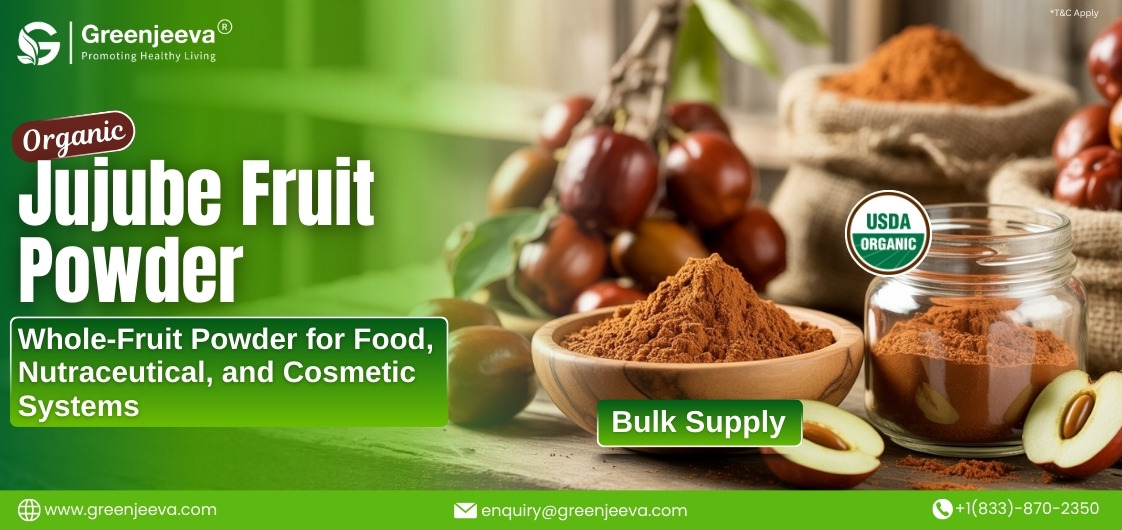A Manufacturer's Guide to Get the Premium Raw Material for Plant Based Milk

Alternative milk has been widely accessible for a long time, including almond, soy, and even cashew milk. But, virtually overnight, the plant-based milk market has blossomed, providing more substitute milk than ever.
According to research by Global Market Insights, the plant-milk market had a value of more than $12 billion in 2019 and is projected to increase at a compound yearly growth rate of 11% between 2020 and 2026.
Between 2020 and 2021, plant milk sales in the US increased by 4%, while dairy milk sales decreased by 2%. In 2021, US plant-based milk sales totaled $2.6 billion.
A Note to the Manufacturer
- Dairy-free diets and those with allergies and intolerances are making alternatives to dairy milk more and more common.
- Consumers, however, might not be aware of the variations in micronutrient content between dairy and plant-based alternatives.
- Remember that each plant milk type has a different nutritional advantage while producing it. Several plant milk varieties exist.
- We now have educated consumers who are sure of their wants. They know what they should avoid and are very careful with additions.
- But these varieties of milk all have something in common. These are all dairy-free, lactose-free, and vegan.
- It's critical to understand the components used in producing plant-based milk.
We provide you with a list of plant milk to help you decide on your following product.
Soy Milk: The traditional milk substitute.
The category of legume-based products includes soy milk, which is still the most widely consumed plant milk. It is the only milk substitute that naturally includes roughly 3 g of protein per 100 ml, the same amount as cow's milk.
Nutritionists say soy milk may be a nutritionally appropriate substitute for cow's milk because many manufacturers fortify it with calcium and other vitamins, including B12, B2, D, and A.
Rice Milk: For those looking for easy to digest option.
Rice milk, a cereal-based milk, has no nutritional advantages over other plant milk. But it is one of the lightest milk on the market and is thus especially good for sensitive tummies.
If it is not supplemented or fortified, rice milk is relatively low in fat, protein, and other nutrients while high in carbohydrates.
Oat Milk: All-time favorite.
Oat milk has a delicate, mildly sweet flavor and consistency comparable to low-fat milk. Oats are an exceptionally nutritious food because of their high levels of dietary fiber, polyphenols, and antioxidants.
Macadamia Nut Milk: A great alternative to milk.
The other nut milk mentioned here has been around considerably longer than macadamia milk, which is still not readily accessible. In addition to having few calories, it also has few carbohydrates and protein.
Hazelnut Milk: A creamy palette of pleasure.
Hazelnut milk has a delightful nutty flavor that makes it a terrific choice for baked goods or adding to coffee. Hazelnut milk-based hot chocolate is also a fantastic dairy-free substitute for regular hot chocolate.
Hemp Milk: A good source of omega-3 fatty acids.
The seeds of the hemp plant are used to make hemp milk. It has a high-fat and low carbohydrate content, but most of the fat is unsaturated, which is better for your health.
Hemp milk is a vital source of omega-3 fatty acids and can supply 50% of the daily required amount of alpha-linolenic acid in just one glass.
Cashew Milk: One of the newest plant-based milk.
Cashew milk can be used in baking and cooking and has a mildly nutty flavor. The fat is primarily unsaturated, making it a fantastic option for those who need to control their fat intake or have high cholesterol.
Coconut Milk: A fantastic option for cooking.
The most common form of coconut milk is used for cooking. Giving food a wonderful aroma, it is perfect for baking and cooking. From curries to vegetable soups, smoothies, chia seed pudding, and even ice cream, coconut milk tastes great in various dishes.
Almond Milk: It contains several beneficial elements.
Almond milk pairs well with cereal because of its mild flavor, which is a little nutty. Almond milk has a very different nutritional profile than dairy or soy milk. It has substantially less protein and fewer calories.
From a health standpoint, unsaturated fat, the minimal fat in almond milk, should be preferable. Almond milk is significantly less nutrient-dense than almonds that have yet to be processed because of how heavily it is diluted with water.
Spelt Milk: It is excellent for desserts.
Spelt (a kind of wheat) milk is not suited for people with celiac disease or gluten intolerance since it includes gluten. It belongs to the wheat family.
Spelt milk is particularly suited for sweet foods and can be used as a natural sweetener, for instance, in coffee, because it has a rather sweet taste without added sugar.
Also Read: https://www.greenjeeva.com/blog/premium-raw-material-for-ayurveda-products
Also Ream More: Fueling Your Products with Plant-Based Protein: The Top Raw Ingredients to Consider
Where Can You Procure the Ingredients?
If you are looking for a reliable supplier of these ingredients, choose Green Jeeva.
A well-known provider of nutritional supplement ingredients, Green Jeeva, helps streamline the nutraceutical industry's worldwide supply chain. We take care of all the legwork so you can concentrate only on your core business. We assist you in procuring genuine products as fast as feasible and with proper documentation.
Green Jeeva has ready inventory and offers free shipping on large orders globally.
***These statements have not been evaluated by the Food and Drug Administration. This product is not intended to diagnose, treat, cure or prevent any disease.***






